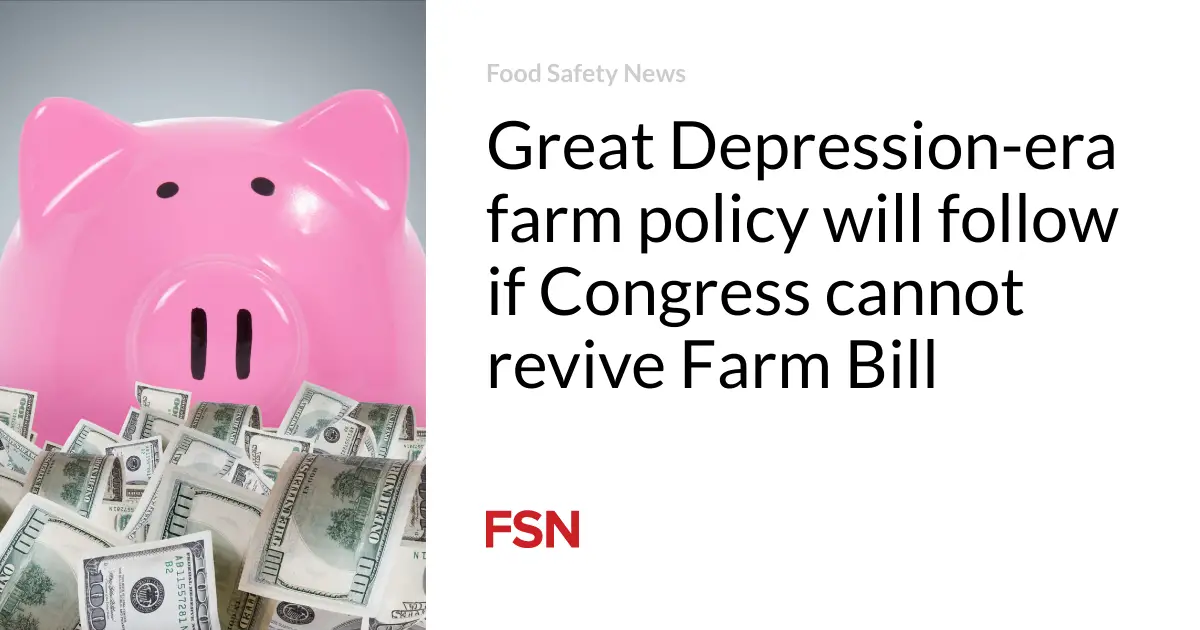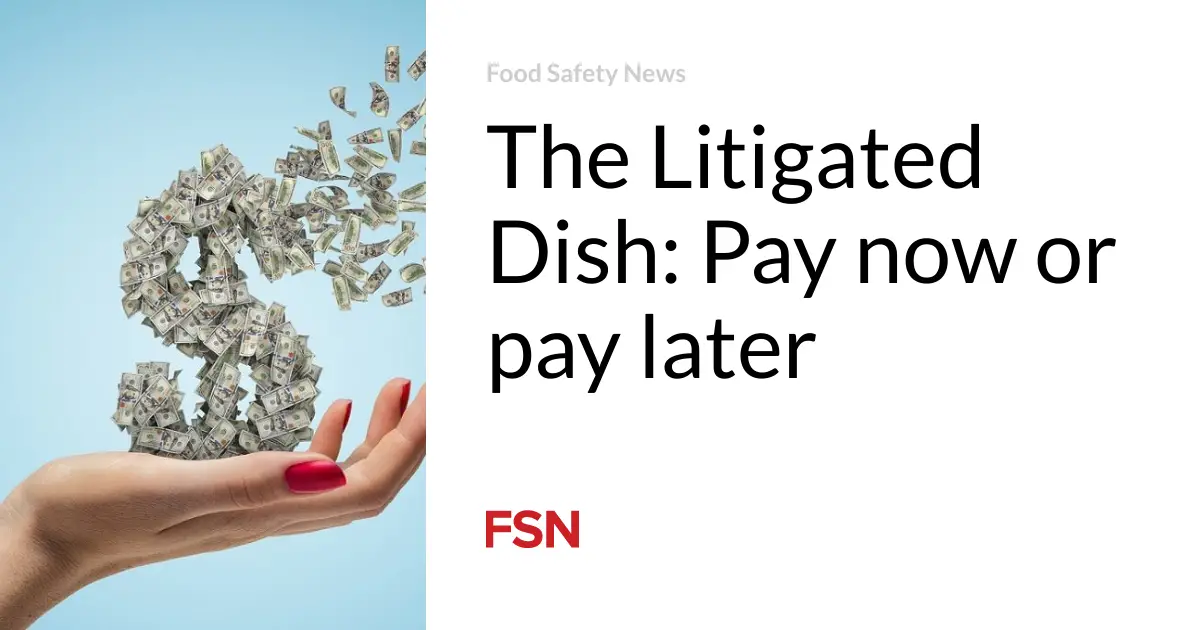
The Farm Bill, signed into law by President Donald J. Trump on Dec. 20, 2018, died on Oct. 1, but with Congress on its long election break until November 14, it has not yet been buried.
When Congress does return for the lame-duck session, it will have 20 days to either pass a new Farm Bill or dig up the old one with another extension.
If it cannot make either of those happen by Jan 1, 2025, Permanent Law will take over as farm policy, just as it was written in the days of Franklin Roosevelt and the Great Depression. That would not be kind to modern nutrition or “food stamp” programs and farm payments.
Farm Bills are set-asides from permanent law, typically updated every five or six years. The Farm Bill, known as the Agriculture Adjustment Act of 1938, included a built-in requirement to update it every five years.
The Congressional meltdown over the Farm Bill is blamed on inexperience, thin majorities, and the worst political polarization since the 1960s.
Officially known as the Agriculture Improvement Act of 2018, the expired farm bill is the most recent omnibus farm bill. It contained 12 titles in November 2023. Congress enacted a one-year extension to 2024.
But all that time has now run out.
The nearly $900 billion bill is dead, but some of its spending will continue through the end of the year.
That means the lame-duck Congress only has those 20 days to make things right.
According to the Congressional Reserve Service (CRS), updates in the 2018 Farm Bill modified some farm commodity programs, expanded crop insurance, amended conservation programs, reauthorized and revised nutrition assistance, and extended authority to appropriate funds for many USDS programs.
The CSR reports that four titles accounted for 99 percent of the 2018 farm bill’s mandatory spending: nutrition (primarily SNAP), commodities, crop insurance, and conservation. All other titles in the expired Farm Bill accounted for about 1 percent of mandatory outlays and received discretionary primarily (appropriated) funds.
House Republicans, with a few Democrats, passed a new Farm Bill earlier in the year, but it never went anywhere with the Senate.
Something did seem to be happening earlier in the summer when House Committee Chairman Glenn “GT” Thompson, R-PA, expressed support for a Senate framework that “elevates the urgent needs voiced by diverse stakeholders across the country and articulates common-sense solutions.”
At the time, he said House Republicans “are eager to build on this momentum and enact a comprehensive farm bill that meets the needs across the agricultural value chain.”
According to the Farm Bureau’s Chief Economist, Roger Cryan, everything falling apart does have immediate consequences.
He lists some programs that will be shut down immediately, as their day-to-day authority depends on the farm bill. Among those are:
- Numerous international programs, including the Market Access and Foreign Market Development Cooperator trade promotion programs and Food for Progress;
- The Bio-based Markets Program and Bioenergy Program for Advanced Biofuels;
- Several important animal health programs;
- Programs for socially disadvantaged, veteran, young, and beginning farmers;
- The Specialty Crops Block Grants program, and
- The National Organic Certification Cost-Share program.
(To sign up for a free subscription to Food Safety News, click here.)







